Helsingborg uses AI technology to address road maintenance by attaching cameras to garbage trucks.
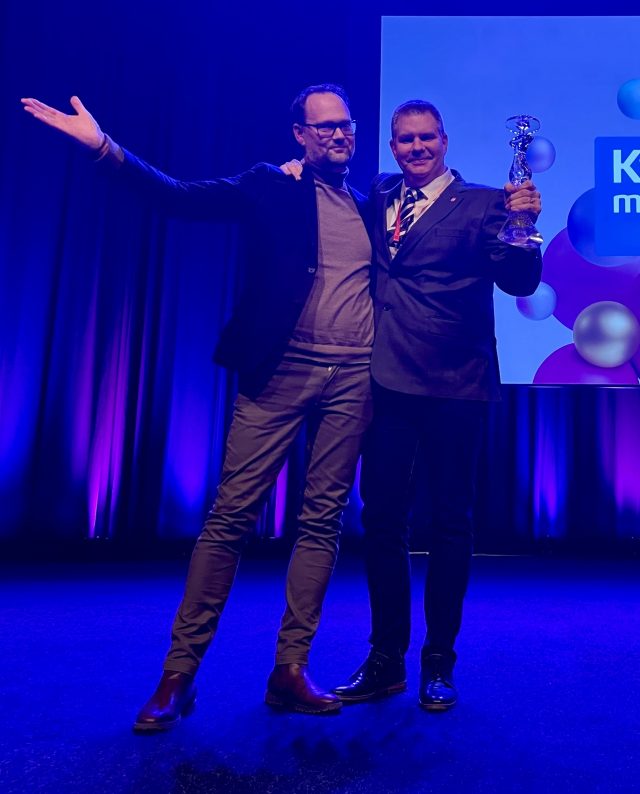

Helsingborg uses AI technology to address road maintenance by attaching cameras to garbage trucks.
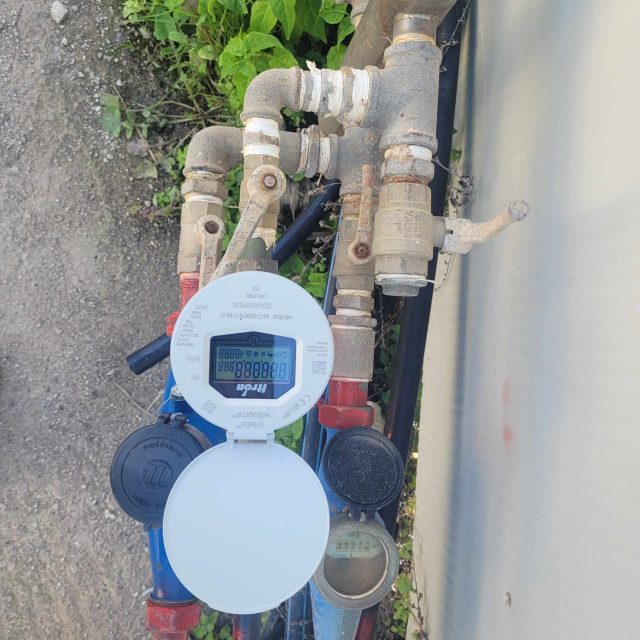
This project confronts the important problem of water leaks and losses in water supply networks using up-to-date smart systems.
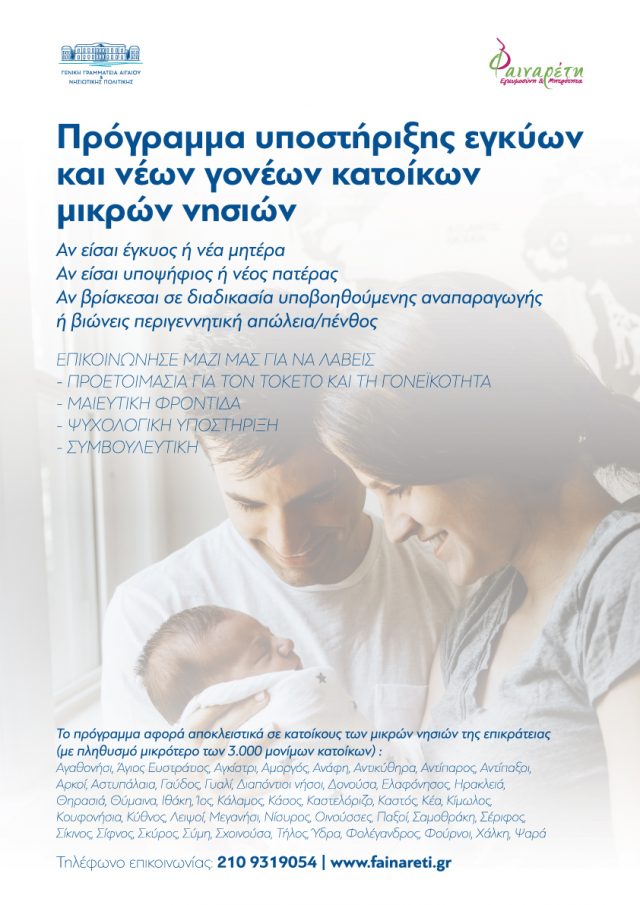
Digital-health solutions provide specialised perinatal-care services on remote islands communities to tackle the absence of healthcare units and professionals.
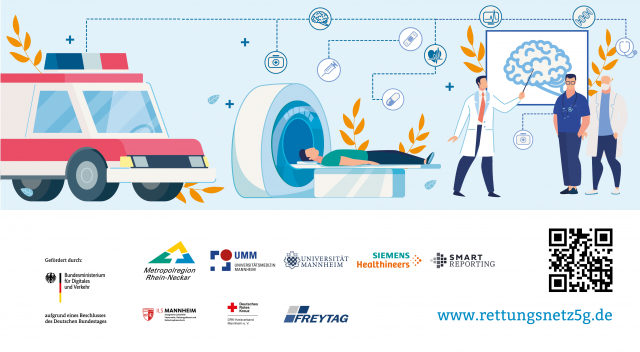
A mobile and digital emergency service will enable significant time savings in first aid by transferring diagnostics and initial treatment steps to the site of the emergency.
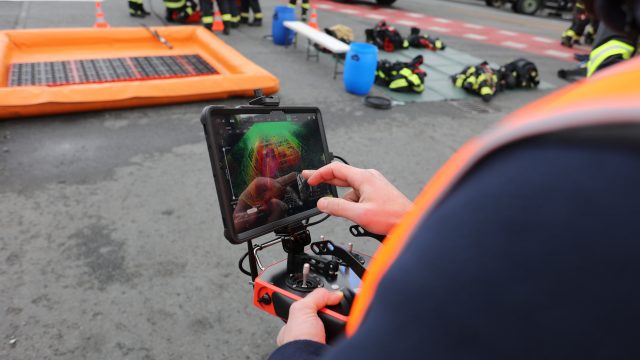
This project marks a significant innovation by seamlessly blending drone technology into Pilsen’s urban emergency framework.
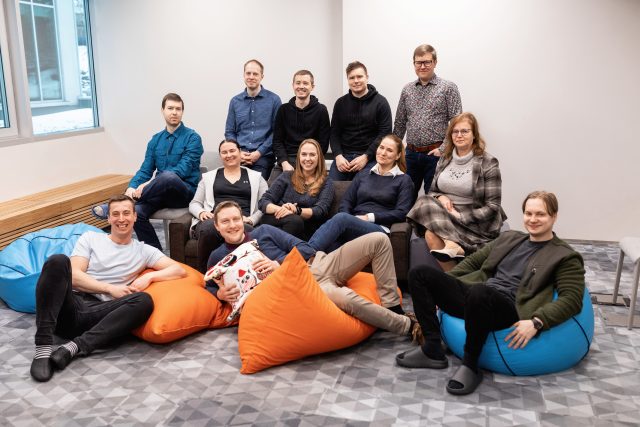
This digital platform is unique, not only in Estonia but across the world, as it enables paperless court proceedings for inmates serving sentences in detention facilities.

Easy Government invites people with disabilities and socially vulnerable people to redesign legal and administrative texts, using easy reading, to create simpler communication materials for all audiences.
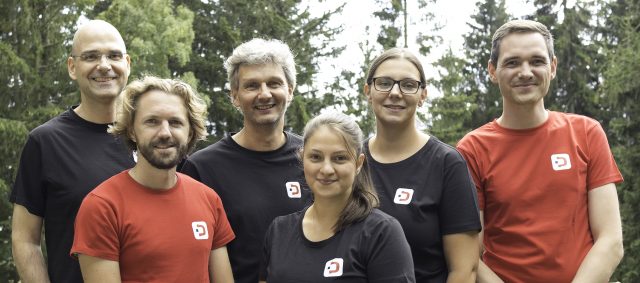
In 2019, DEC112 was launched to provide an alternative to speech-based emergency communication by implementing a text-based service.
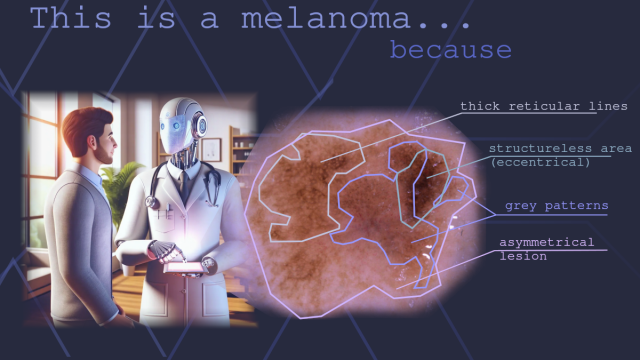
The publicly-funded project “sKIn” aims to create a politically-supported blueprint for the approval of AI-supported medical devices from university research into real world care.
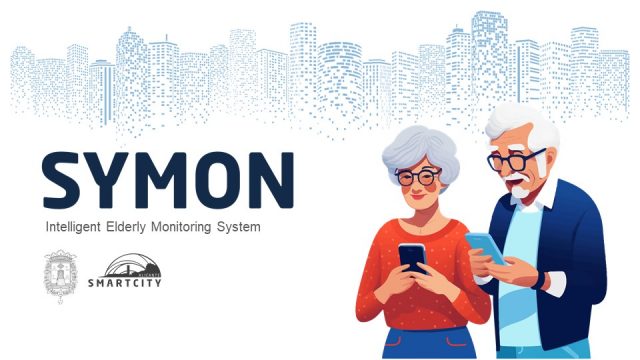
The SYMON intelligent monitoring system uses innovative technology to address the wellbeing of older citizens from three perspectives: health, loneliness, and leisure.

The Suomi.fi Quality Tools service aims to improve public digital services by developing unified measurement tools that collect data from all levels of the public sector, increasing accessibility and transparency for end users.
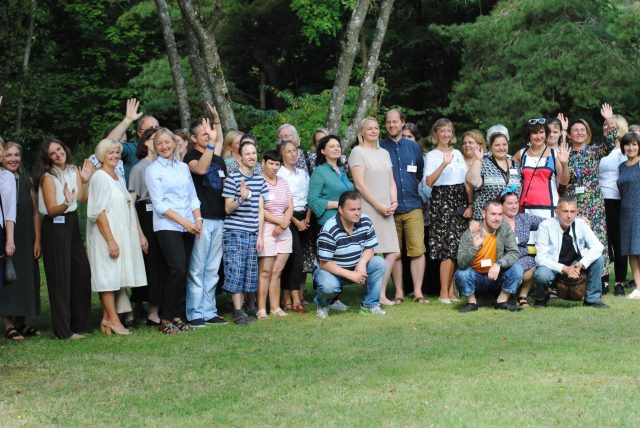
The Easy-to-Read programme helps to significantly improve quality of life for inhabitants with intellectual or reading disabilities in Lithuania by increasing access to public information and incorporating feedback from users.
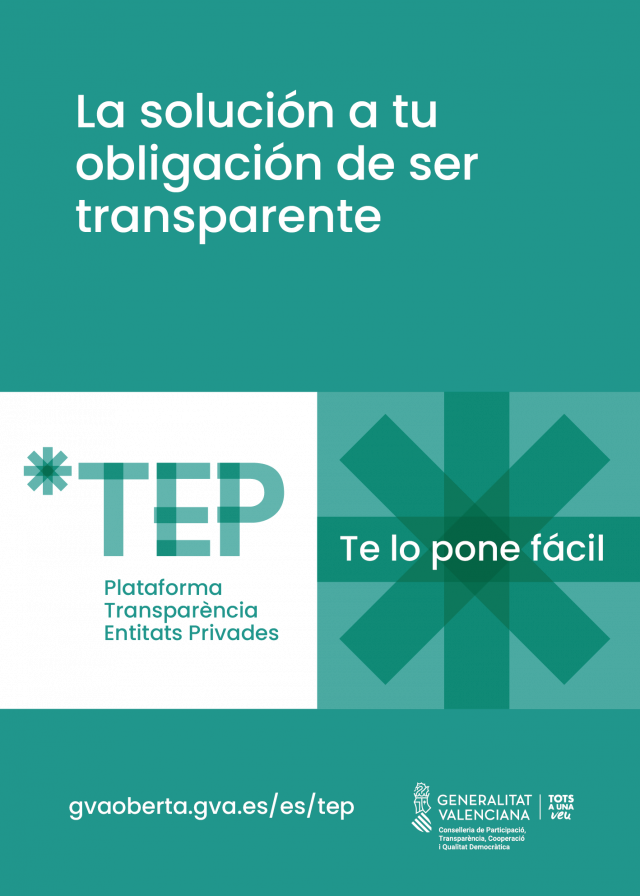
The Transparency in Private Entities (TEP) platform enables private entities of any size, including associations and small companies, to comply with transparency regulations in Spain.
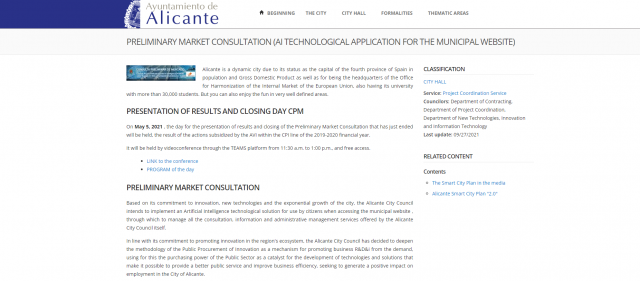
Bridging the Digital Gap aims to close the digital skills gap and resolve accessibility issues faced by people with disabilities and the elderly, using an artificial intelligence layer and accessible cyber-kiosks.
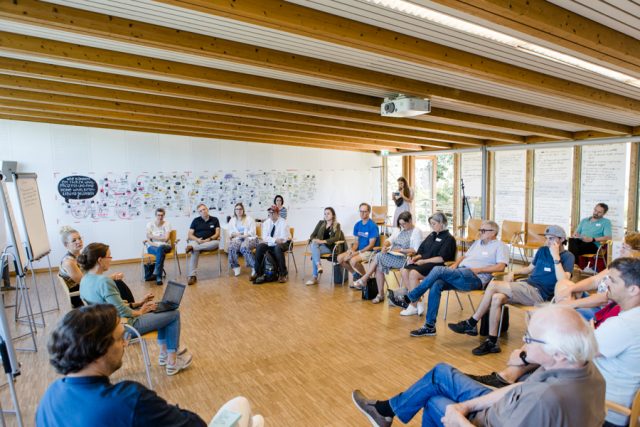
Voralberg mitdenken is a digital platform that allows citizens to contribute comments and feedback on the results of Citizen Councils, allowing them to participate in local political discourse without attending meetings in person.
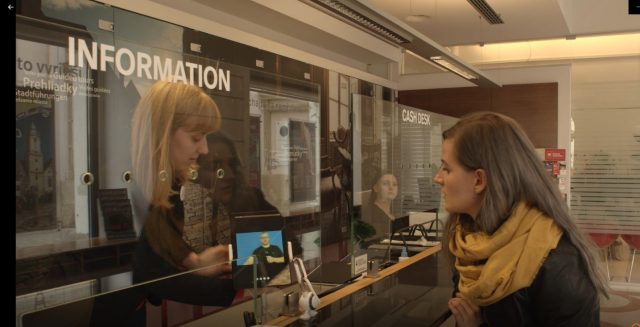
Bratislava provides free online interpretation and transcription services for citizens with hearing or speech disabilities, seniors, and foreigners, making information accessible through advanced communication technologies.
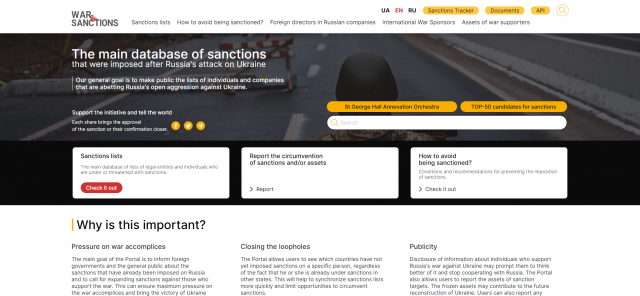
The War & Sanctions database is a comprehensive global resource that provides information on individuals and companies subject to sanctions following Russia’s attack on Ukraine.
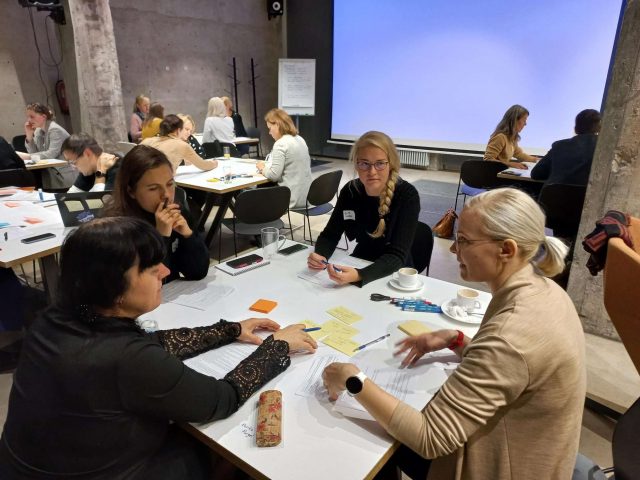
Estonia’s successful implementation of a design-thinking reform led to user-friendly support measures, process innovation, and the development of new competencies among administration officials.
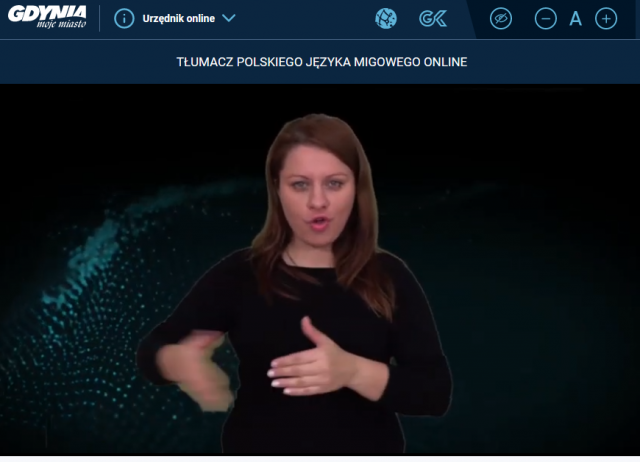
Gdynia’s comprehensive measures have made it one of the first deaf-friendly cities in Poland, ensuring that residents with special needs can fully participate in, and benefit from, city services.
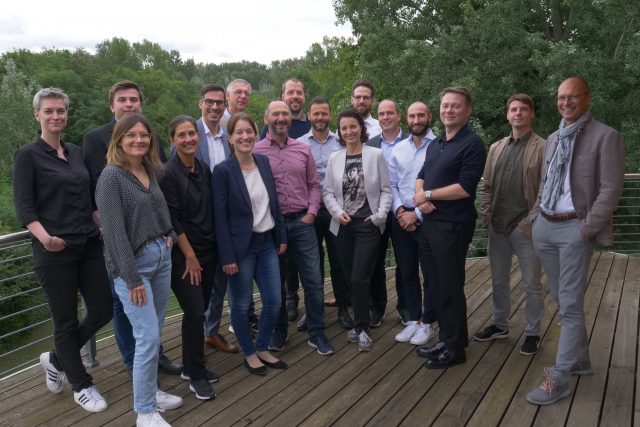
This digital platform completely digitises the building-permit process, combining high-tech methods of AI, AR, and 3D building modelling to make the process faster, more efficient, and more transparent, cutting the time it takes to obtain a building permit by up to half.